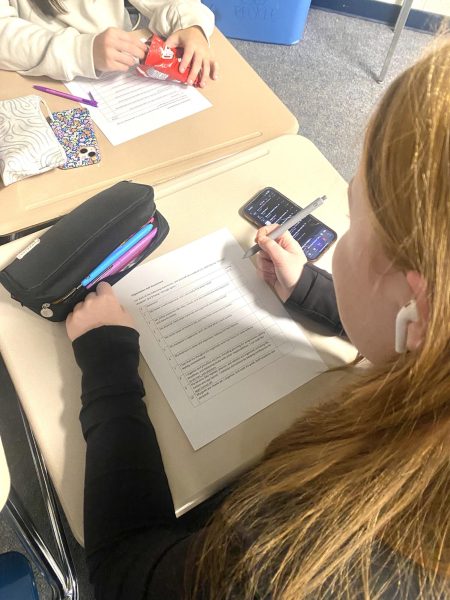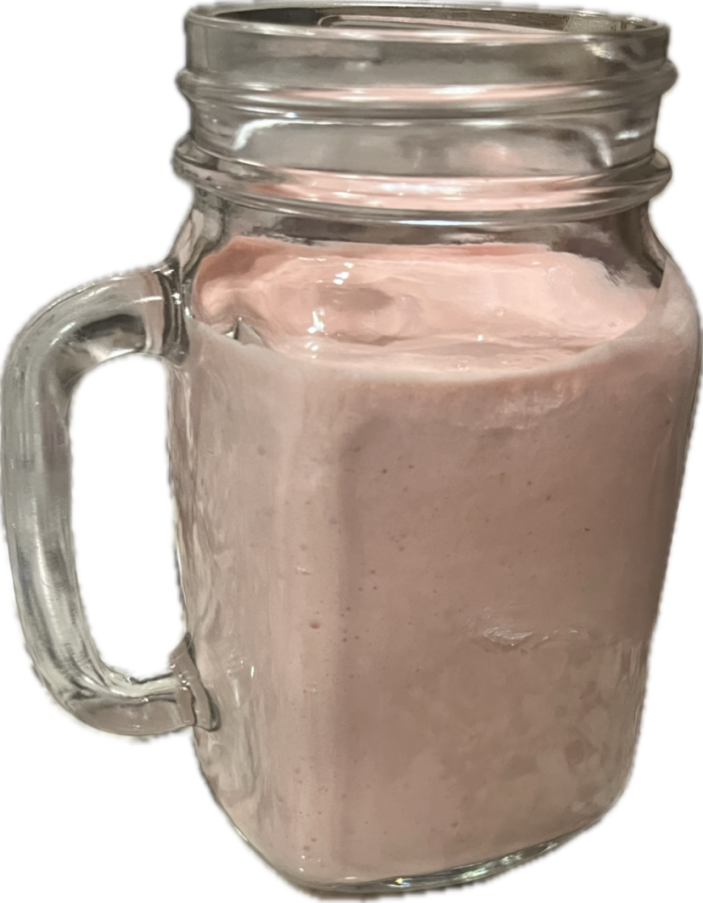Sleep shortage aftermath
It’s the burden that troubles 50 – 70 million Americans of all ages and socioeconomic classes, according to the National Institutes of Health: Sleep.
About 79, 725, 000 Americans noted they don’t regularly obtain a sufficient amount of sleep, according to a study submitted by the Centers for Disease Control and Prevention.
“I probably get around six hours of sleep every day, because of homework and distractions on my phone and YouTube,” junior Alec Socha said. “I feel fine about it, because I know that you have to work harder to be successful in life; so getting less sleep doesn’t bother me. But I do have a hard time focusing.”
Teenagers are even more infamous for skipping out on shut eye and following a different circadian rhythm, as compared to other age groups. Most teens are unaware of sleep shortage side effects and the importance of sleep itself. The absence of sleep knowledge alerted several health organizations, such as the National Sleep Foundation, which prompted them to establish March as National Sleep Awareness Month.
“I get around six hours of sleep. I always wish I could get more sleep, but I have a hard time falling asleep and then I wake up too early for school,” senior Taylor Frick said. “I feel like once I get home from school I do a lot of things and by the time I go to bed I feel like I’m still going.”
The average teenager logs between seven to seven and a half hours of sleep nightly, when they should be clocking in about nine and a half hours, according to Nationwide Children’s Hospital.
“I think teens are at a point where they’re still growing mentally, emotionally and physically,” Nurse Michelle Bradford of St. John’s Hospital said. “And because of the age transition, teens grow at an enormous rate.”
A sleep deficit can lead to lack of growth and cognitive development, resulting in harmful effects that performance, according psychology teacher Lisa Hallam said.
“I feel like I don’t work as hard when I’m tired and all I’m thinking about is sleep,” senior Kaylie McLean said. “When I have a lack of sleep, I have missing assignments because I forget to do them.”
Without proper rest or rapid eye movement sleep, the brain can become over emotional and dramatically alter an individual’s mood, according to Bradford.
As a result, [lack of sleep] can hinder good decision making and test taking, according to Hallam.
“When I’m tired, I’m just quiet and I don’t want to talk to anyone,” McLean said. “I just want to go back to sleep.”
It may be overlooked by millions of people, but sleep is just as important as diet and exercise, according to the National Sleep Foundation (NSF).
When the body is fatigued or the brain is bored, the brain is attracted to the idea of eating, because food will provide energy and it will keep the brain busy, according to Bradford. This can cause overeating and lead to health issues, such as obesity. Dietary patterns may fluctuate throughout a teenager’s life, but some health professionals believe teenagers aren’t recharging enough, primarily because of school start times.
“I think we as a society in America, we make teens get up extra early,” Bradford said. “Teenagers, who require more sleep, who have more activities in the afternoon, more homework and other responsibilities, tend to go to bed later. I think they should sleep later and go to school the latest.”
Starting school later would allow students to gain proper sleep, enhance physical and mental health, safety, academic performances and quality of life, according to a study performed by the American Academy of Pediatrics. UCS high school students, like many local districts, start at 7:20 a.m. and middle schoolers at 8:10 a.m.
Coupled with early start times and lack of sleep, many turn to caffeinated snacks and beverages, such as coffee, tea, cocoa, chocolate and soft drinks, according to the NSF.
“I rely on the coffee to get through first and second hour. It makes me feel more awake and I can pay attention better,” senior Shannon Casey said. “The more I drink it, the more I need it.”
Caffeine naturally wakes up the body, but can disturb the sleep cycle and suck teens into a positive feedback loop that is hard to recover from, especially if their environment is a monopolizing factor, according to the NSF.
To prepare for bed, consider the sleeping environment is a vital factor because of present day technology and distractions. Snacking or watching television should be monitored within a couple hours before calling it a day, according to Bradford. Listening to the radio, reading and avoiding white light (smartphones, television or computer screens) are suggested habits, because it wears out the brain before bedtime.
“I try not to use my phone before I go to bed, because it’s bad for you mentally,” senior Saba Hussain said. “I think sleep is important, because it keeps me fresh throughout the whole day.”
Your donation will support the student journalists of Eisenhower High School. Your contribution will allow us to purchase equipment and cover our annual website hosting costs.





